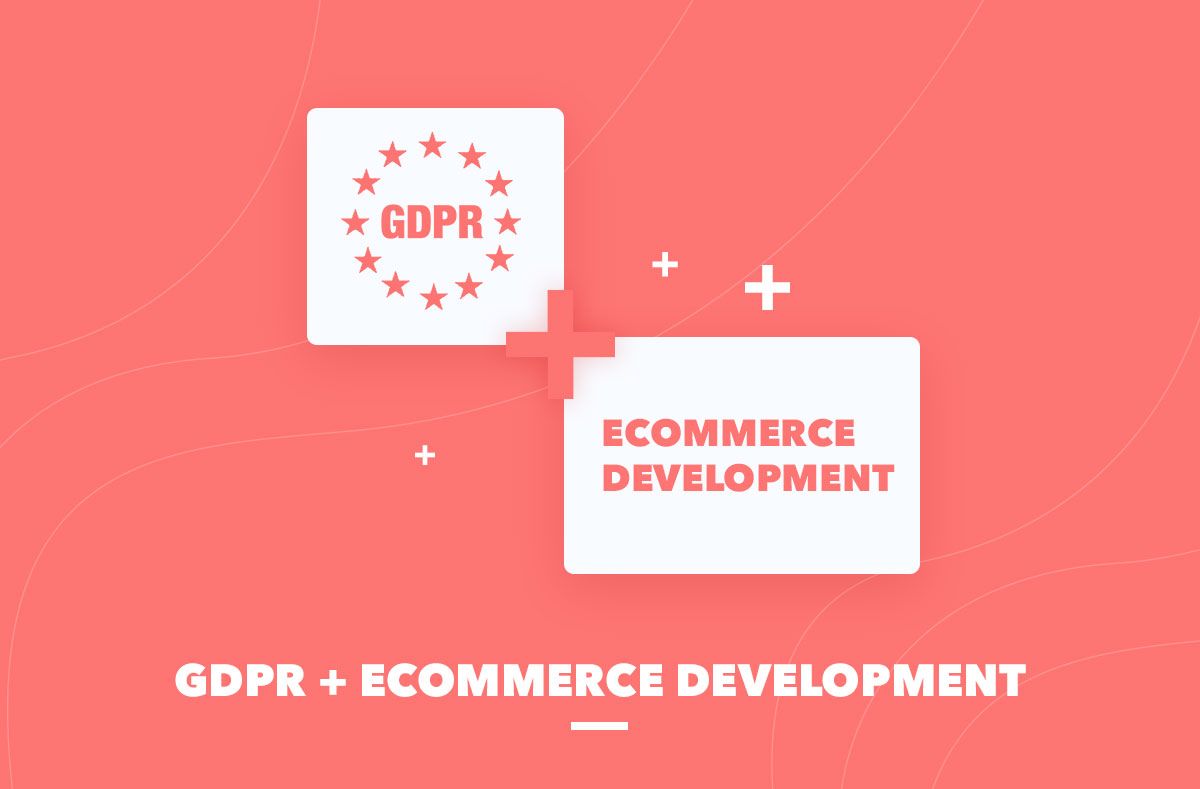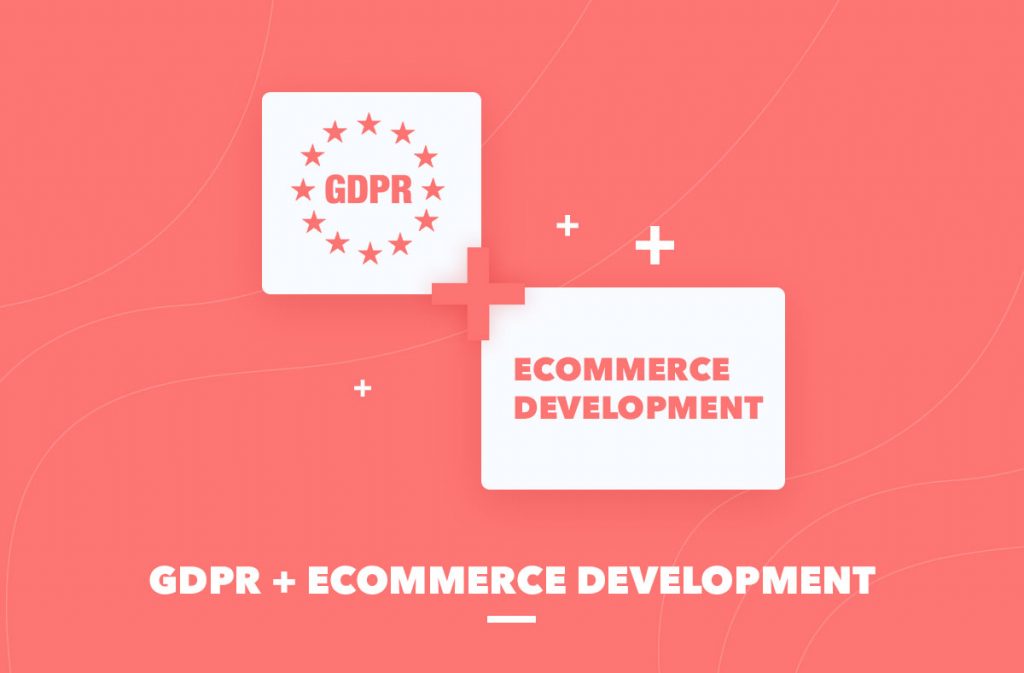
GDPR is a thing that all websites and all companies need to follow. Unfortunately, maintaining GDPR is one more thing to remember about but it is too important to ignore. There is a need to make sure GDPR is followed in your eCommerce website as soon as it is a must to comply with GDPR to remain in the legal field of eCommerce. Specifically, there is a need to understand GDPR, what it really takes to be compliant, and how to use GDPR eCommerce compliance as your competitive advantage.
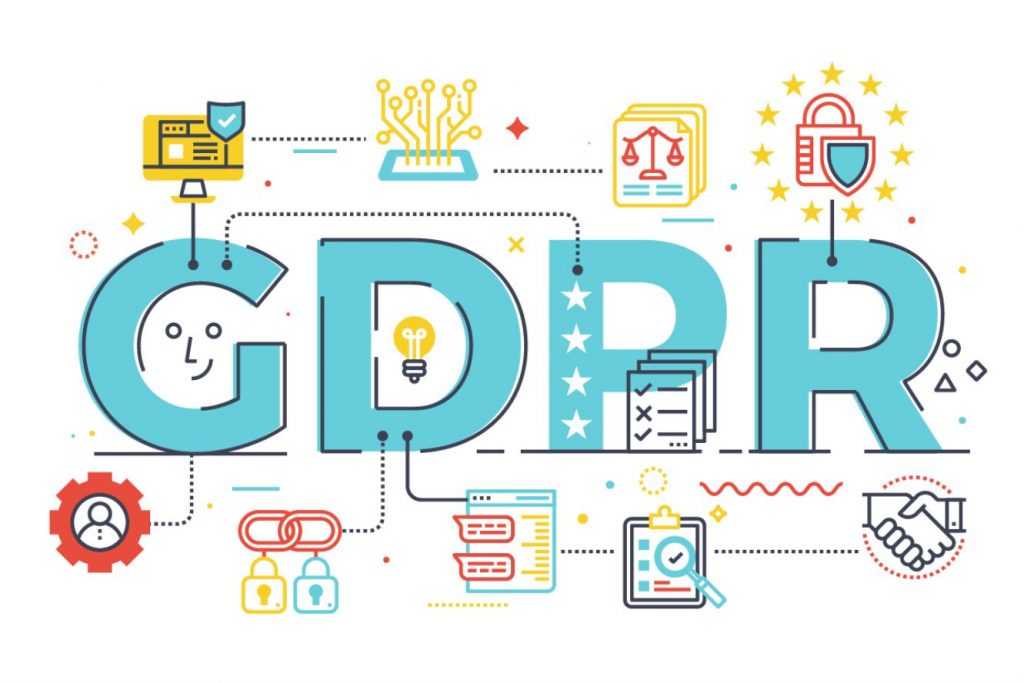
What is GDPR and Why GDPR Is Important?
Since May 2018, GDPR or General Data Protection Regulation has ented into force. This regulation determines how companies might gather, store, and process the personal information of their customers. GDPR applies to all companies functioning in the EU, so if you are expecting your customers to be from the EU, it is a must to comply with GDPR. However, even if you don’t, it is better to be safe than sorry.
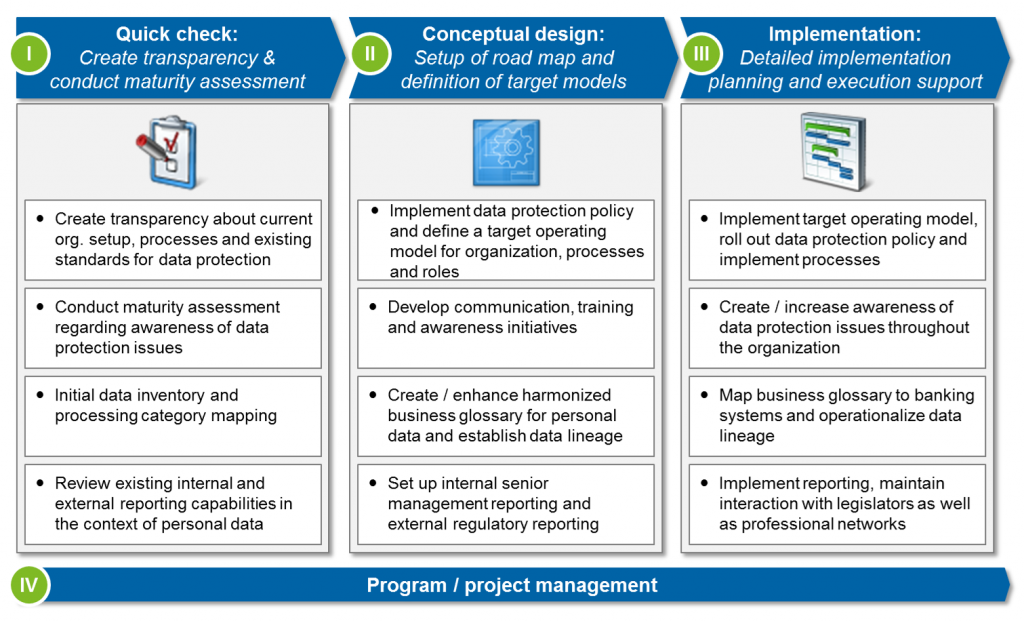
Moreover, eCommerce websites intend to collect as much information about their customers as possible, so the information must be gathered and stored appropriately. The new reality of selling on the Internet bounds sellers to be fair with information gathering. GDPR is simple: companies need to ask for permission to save and process customers’ data and companies are obliged to save the data safely so that the chance of unauthorized access is as small as possible.
What does GDPR mean for me and my e-commerce business?
The need to implement GDPR comes from the increased amount of personal data stored about each customer. As soon as online stores need to gather, process, and save information about their customers’ preferences, it is a must to ensure the data are protected properly. Practically, GDPR is the replacement for the Data Protection Directive that has become outdated. In the digital age, GDPR added more to the protection of the personal data of customers.
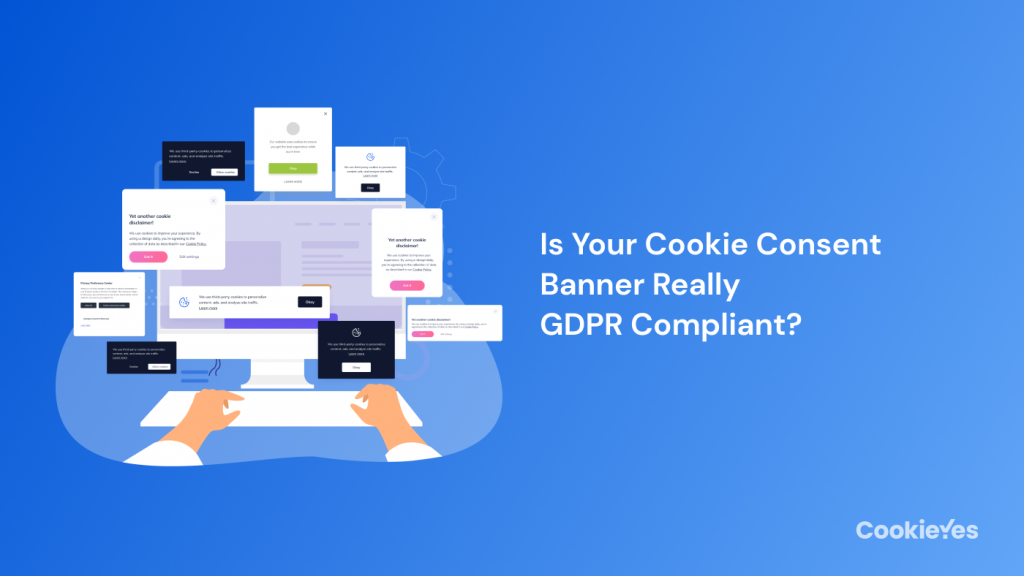
The main purpose of the GDPR is to give more rights to the EU citizens to understand the patterns of gathering and processing personal information. Thus, if you are starting a new business, it is not surprising that you are overwhelmed with the need to comply with the GDPR. Missing something on the GDPR is costly and might be fined up to 4% of the turnover. Thus the most truthful answer to why we need the GDPR is a potential fine to those who do not comply.
What does GDPR mean exactly?
The GDPR states that storing personal information should be confirmed by the customers for all purposes separately. The stored information should be also stored safely and be available upon request of the customer. In addition, personal information should be kept only as long as necessary. That said, people have a right to be forgotten, and nothing should change this. So, practically, visitors remain processors of their data, and they have a right to ask for stopping using them, the right to restrict using their data, and a right to delete their data.
Are There Benefits to GDPR Compliance for Ecommerce Shops?
The main benefit for eCommerce shops to comply with the GDPR is to avoid fines and to work flawlessly with visitors from the EU. In other words, GDPR is not only the headache of compliance, but it is also increased safety for customers, and they are going to like it. In other words, GDPR compliance is a competitive advantage for the vast majority of eCommerce shops.
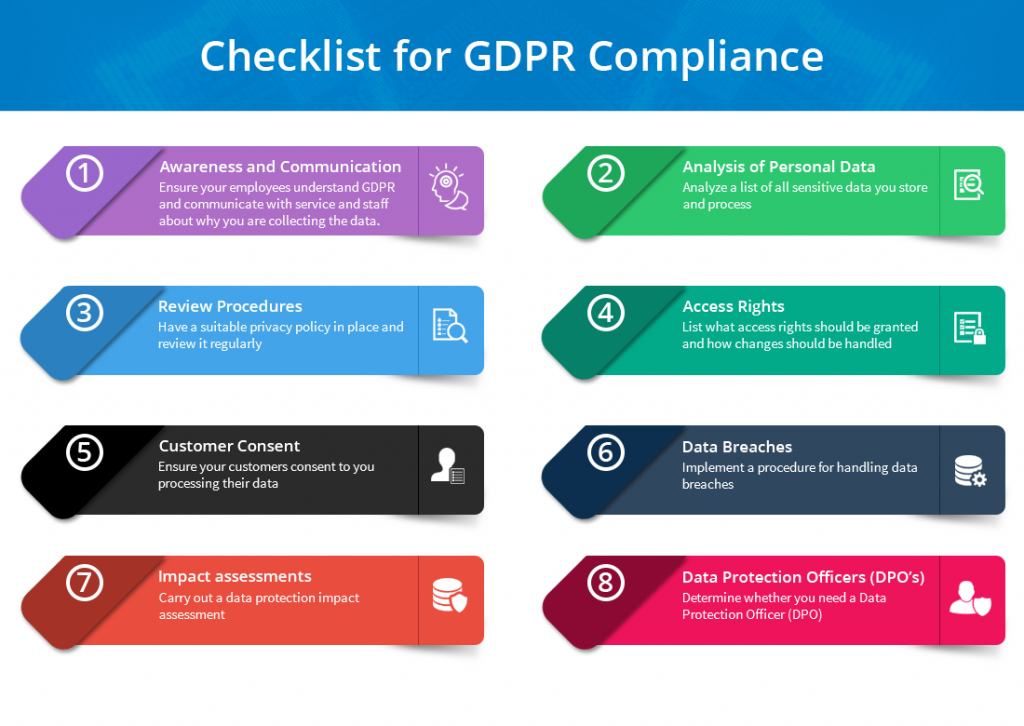
In the EU, the use of personal data is a big deal, therefore you are going to see the pop-up asking for permission to save and use your data at almost every website you are visiting. While this might be a resource-consuming thing to implement and introduce, it is a selling point of keeping privacy. Practically, this is no more than giving a heads-up to the visitor that his or her personal data are going to be used.
What Happens if Your Ecommerce Site Isn’t Compliant?
In the EU, the guidelines of the GDPR are strict and must be followed thoroughly. Any website including the eCommerce one must ask for approval to use the data of the visitor during visiting the website, making a payment, and anything in between. The penalties are harsh and real.
As we have already discussed above, the penalties for being non-compliant to the GDPR might reach up to 4% of the yearly revenue. However, the maximum size of the penalty might reach €20 million, which is huge for many businesses and might cost you a business. Moreover, in addition to the actual penalty, the objects of the violation might sue the eCommerce website for damages that came from unauthorized use of their data, and this means additional reputational and financial losses.
What Do You Need to Do to Be GDPR Compliant?
So, being compliant with the GDPR is a must for the comfortable operation of the eCommerce website. Just warning your visitors not to share their important information will not work well. Actually, the GDPR is an 88-page long document, and it contains detailed restrictions described for eCommerce websites and their users. Still, there are five pillars of the document that are described below.
The use of data must be justified
According to the GDPR, there are six ways to justify the use of the data. In other words, collecting, storing and/or sharing information must be justified by one or more factors from the next:
- Processing data is essential for the contract
- Data must be processed to meet legal obligations
- Processing data might save a life
- The use of the data applies to one of the public interests
- There is a legitimate need in processing data
- Storing and processing of the data are consented
The use of data must be consented
Usually, eCommerce websites use the last factor of consent as their main justification for storing and processing data. According to the requirements of the GDPR, consent to use the data must be unambiguous, given freely, and be written in a clear language. This is the part that is the most obvious when you use any eCommerce website. All websites ask for permission to save and use the data.
Stored data must be protected
When it comes to storing the data it is the responsibility of the eCommerce website that the data are kept safely. According to Article 25 of the GDPR, the data must be protected by the data keeper by default and by design. Thus, data protection is the duty that is relied on the eCommerce website.
Processed data must be handled securely
When data are processed, handling must be done securely. According to the GDPR, eCommerce websites that gather and store the data must protect the data using technological and organizational means. In other words, the data privacy policy and the checkout flow should be flawless.
Remember: you are accountable
All organizations under the GDPR should demonstrate their compliance with the code. In other words, to maintain accountability, there is a need to keep detailed records of the data collection or produce other evidence of compliance that might be checked. For example, this might be staff training for following the company’s privacy policy document, privacy clauses in contracts with other parties, etc.
Conclusion
The emergence and use of the GDPR for regulating eCommerce websites and their work with personal data is a clear sign of the evolution in the field of the privacy policy. The unified GDPR supports transparency in the companies’ work and allows defining and improving the work in the area of privacy data.
Keeping in mind that the GDPR means evolution in data storing and processing, we support the resulting changes in eCommerce and society. If you are curious about how we are helping our clients to ensure privacy and security for their customers, contact us. We are the SOFTLOFT company, working to provide flawless eCommerce website development for your clients, and we are always ready to help.
